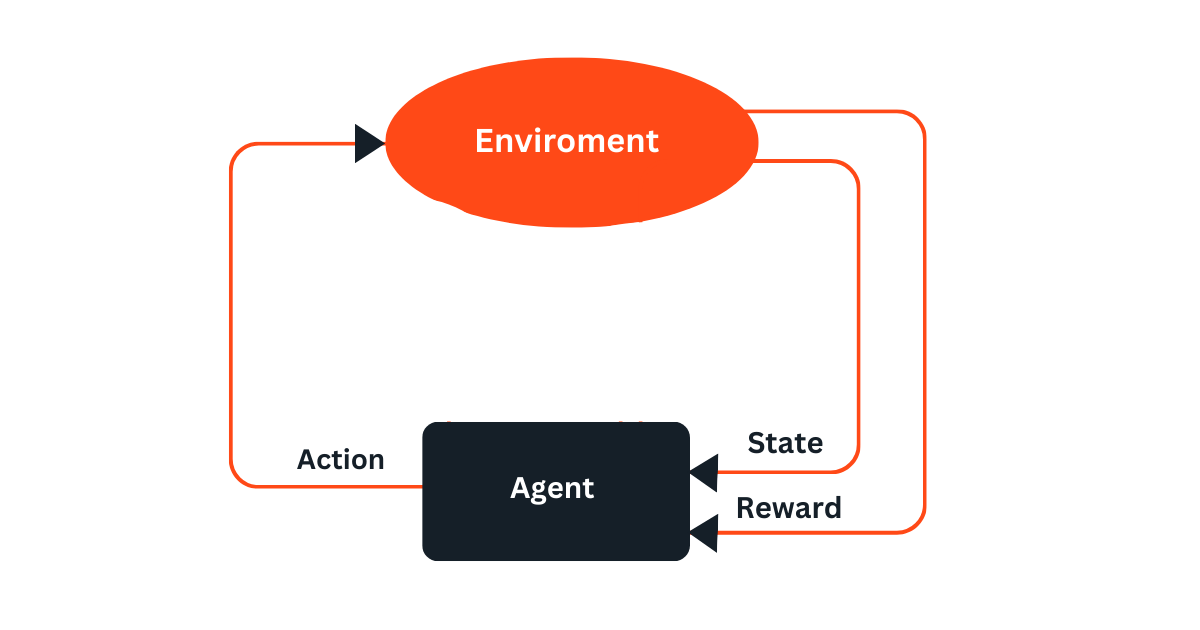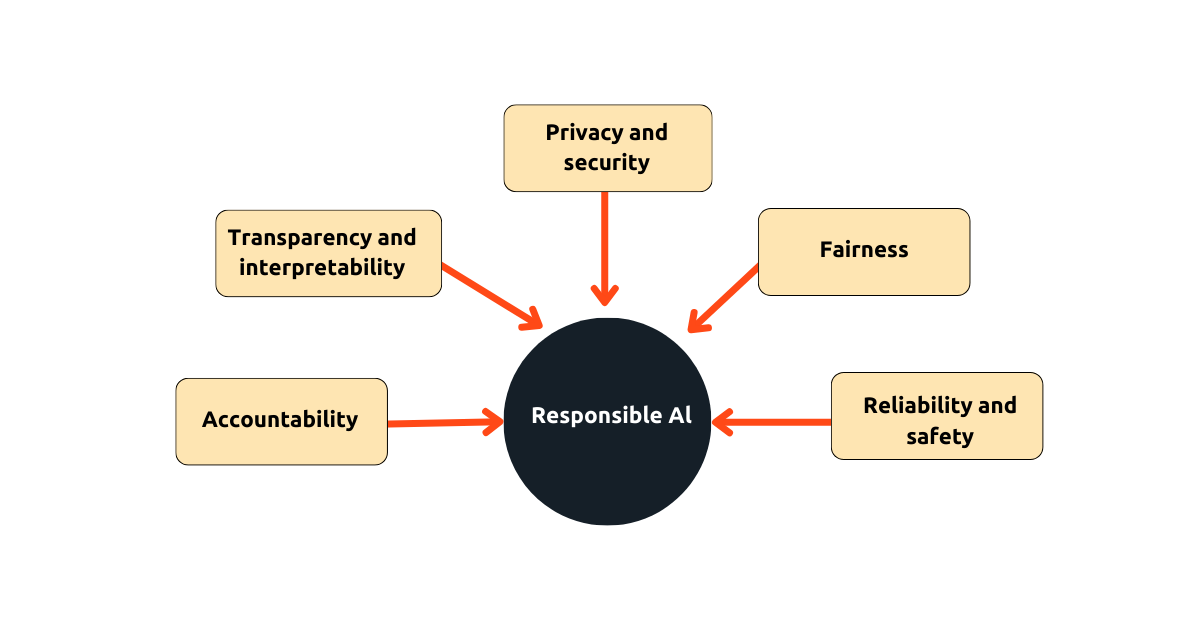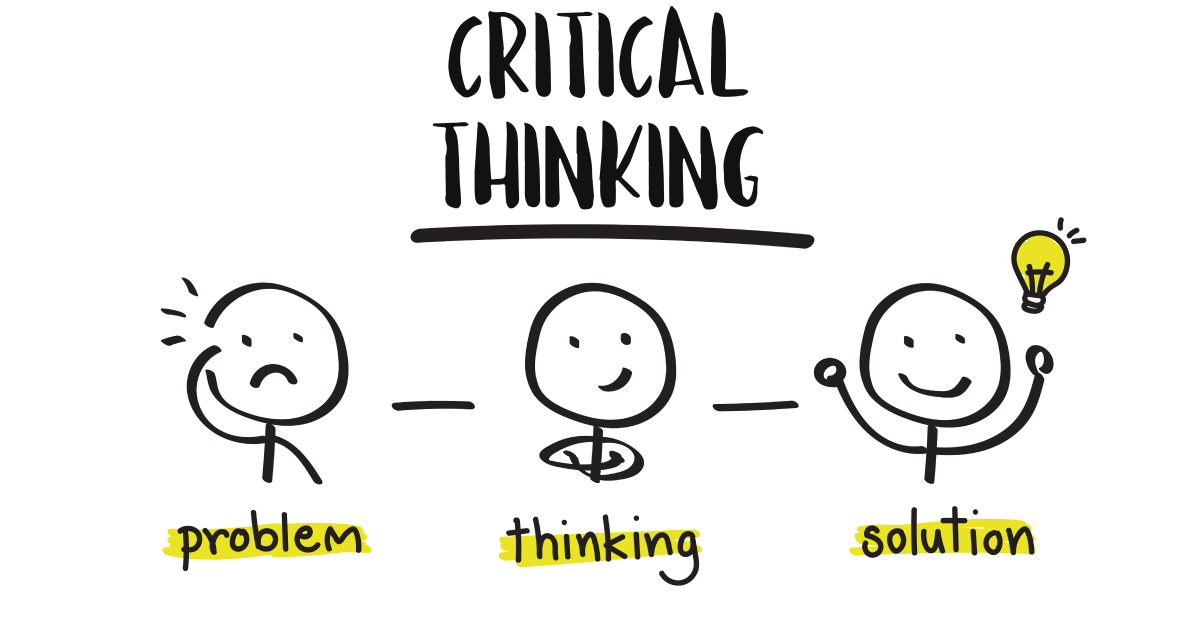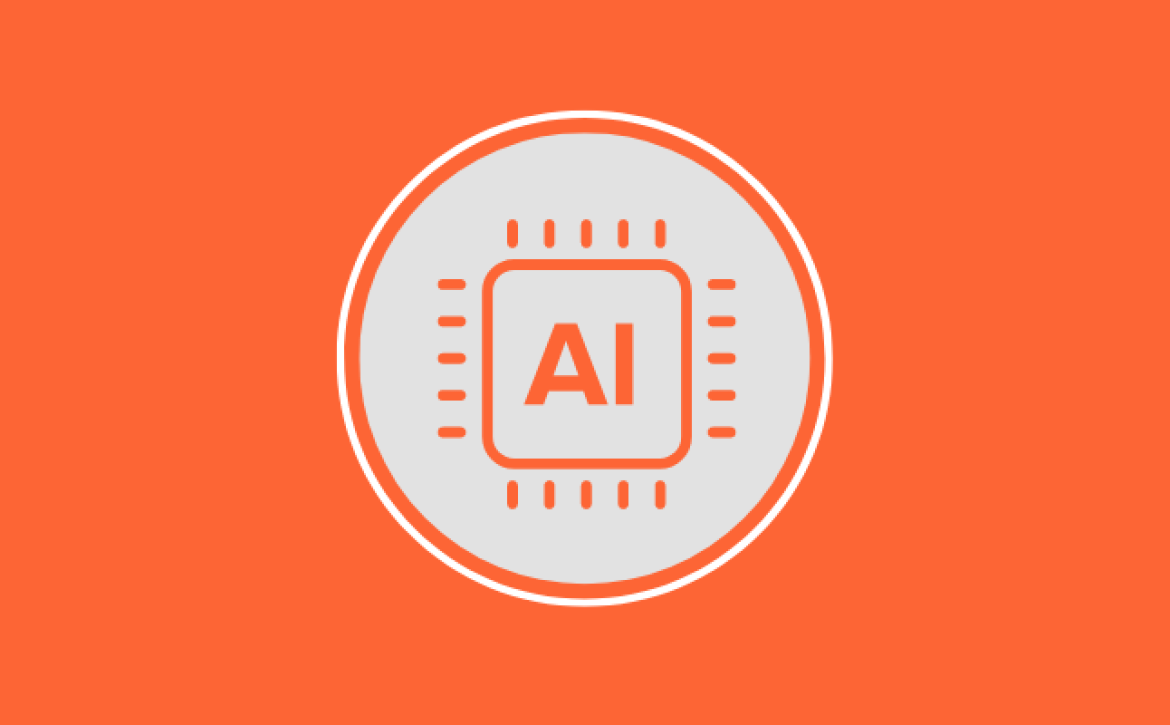Top 10 Must-Have AI Skills for Your Career Success in 2024
In the fast-paced realm of technology, Artificial Intelligence (AI) has proven to be a true game-changer across industries. As businesses embark on the journey of digital transformation, the integration of AI has become more than a trend; it’s a strategic imperative. With this surge in AI adoption, the demand for professionals equipped with the right AI skill set is skyrocketing. Now, the question on everyone’s mind is, “What are the key AI skills needed to thrive in 2024?”
In this article, we will explore the top 10 AI skills that are indispensable for your career success in the age of artificial intelligence. From machine learning and natural language processing to data science and ethical considerations, we’ll delve into the diverse AI skill set that individuals need to cultivate to make their mark in this ever-evolving landscape. Whether you’re an aspiring AI enthusiast, a seasoned professional, or a business leader looking to stay ahead, join us on this journey through the essential AI skills that will shape the future in the digital era.
Top 10 AI Skills You Need to Succeed in 2024
1. Programming Languages
In the dynamic landscape of artificial intelligence (AI), proficiency in programming languages stands out as one of the critical AI skills for professionals in the field. Programming languages serve as the foundation for developing AI applications, enabling engineers and data scientists to design, implement, and optimize algorithms that power machine learning models. Python is widely recognized as the go-to language for AI development, thanks to its simplicity, versatility, and a rich ecosystem of libraries and frameworks tailored for machine learning, such as TensorFlow and PyTorch. Its readability and ease of integration with other technologies make it an ideal choice for both beginners and seasoned AI practitioners.

Apart from Python, languages like R, Java, and C++ also play significant roles in AI development. R is preferred for statistical analysis and data visualization, while Java and C++ are chosen for their performance and efficiency in developing AI applications for resource-intensive tasks. As the AI field evolves, new languages and frameworks emerge, each addressing specific needs in the AI development process. Staying abreast of these advancements and adapting to the evolving technological landscape is crucial for professionals aiming to excel in the AI domain. In essence, mastering programming languages is not merely a necessity but a continuous endeavour for those seeking to harness the full potential of artificial intelligence in their work.
2. Machine Learning
Machine learning (ML) has emerged as one of the cornerstone AI skills in the field of artificial intelligence (AI), reflecting its pivotal role in creating intelligent systems that can learn and adapt from data. At its core, machine learning involves the development of algorithms and models that enable computers to recognize patterns, make predictions, and improve their performance over time. Proficiency in machine learning is essential for AI practitioners as it opens avenues for a multitude of applications, ranging from image and speech recognition to natural language processing and recommendation systems. Understanding various ML techniques, such as supervised learning, unsupervised learning, and reinforcement learning, empowers professionals to select the most suitable approach for solving specific problems.

Frameworks and libraries like TensorFlow, PyTorch, and scikit-learn have become instrumental in implementing machine learning models efficiently. Additionally, expertise in data preprocessing, feature engineering, and model evaluation are crucial components of a comprehensive machine learning skill set. As AI continues to reshape industries, organizations seek individuals who can harness the power of machine learning to derive meaningful insights and create innovative solutions. Whether in business, healthcare, finance, or other sectors, the ability to leverage machine learning effectively positions professionals at the forefront of AI innovation, making it a top skill for those aspiring to excel in the dynamic landscape of artificial intelligence.
3. Deep Learning
Deep learning has emerged as one of the paramount AI skills in the realm of artificial intelligence, driving breakthroughs in various applications such as image and speech recognition, natural language processing, and autonomous systems. At its essence, deep learning involves the use of neural networks with multiple layers (deep neural networks) to learn complex representations and hierarchical features from vast amounts of data. Mastery of deep learning equips professionals with the tools to tackle intricate problems that traditional machine-learning approaches might find challenging. Techniques such as convolutional neural networks (CNNs) for image analysis, recurrent neural networks (RNNs) for sequential data, and transformer models for natural language processing exemplify the versatility of deep learning architectures.

Frameworks like TensorFlow and PyTorch have become instrumental in implementing and training deep learning models effectively. Understanding concepts like backpropagation, optimization algorithms, and transfer learning enhances the ability to design and fine-tune sophisticated neural networks. Given the rapid advancements in technology and the increasing complexity of AI applications, organizations seek professionals well-versed in deep learning to push the boundaries of innovation. As deep learning continues to be at the forefront of AI research and development, acquiring expertise in this domain positions individuals to address complex challenges and contribute significantly to the evolution of artificial intelligence. Thus, deep learning stands out as one of the top AI skills, empowering practitioners to unlock the full potential of intelligent systems.
4. Natural Language Processing (NLP)
Natural Language Processing (NLP) has emerged as one of the critical and sought-after AI skills in the field of artificial intelligence, playing a pivotal role in enabling machines to understand, interpret, and generate human language. NLP encompasses a range of tasks, including language understanding, sentiment analysis, language translation, and chatbot development. Proficiency in NLP allows professionals to work on applications that involve processing and generating human language data. This skill is particularly essential in the development of voice-activated assistants, language translation tools, and sentiment analysis systems used in social media monitoring or customer feedback analysis.

Key components of NLP expertise include knowledge of tokenization, part-of-speech tagging, syntactic and semantic analysis, and named entity recognition. Additionally, familiarity with pre-trained language models like BERT (Bidirectional Encoder Representations from Transformers) or GPT (Generative Pre-trained Transformer) has become crucial for pushing the boundaries of NLP applications. Frameworks and libraries like spaCy, NLTK, and Hugging Face’s Transformers have become integral tools for implementing NLP solutions. As businesses increasingly rely on language-based applications, professionals well-versed in NLP find themselves in high demand. Whether in healthcare, finance, or customer service, the ability to harness the power of NLP empowers individuals to create innovative solutions and contribute to the evolution of natural language understanding within the realm of artificial intelligence. In essence, NLP stands as one of the top AI skills, opening doors to diverse and impactful applications across various industries.
5. Data Science and Analytics
Data Science and Analytics have become integral and indispensable AI skills, playing a crucial role in extracting valuable insights from vast datasets. These AI skills encompass a multidisciplinary approach, combining expertise in statistics, mathematics, programming, and domain-specific knowledge to derive actionable information. Professionals proficient in data science and analytics possess the ability to collect, clean, and preprocess data, apply statistical models, and utilize machine learning algorithms to uncover patterns and trends. This skill set is essential for making informed decisions, predicting future outcomes, and optimizing processes across diverse industries.

Key components of data science and analytics include data exploration, feature engineering, hypothesis testing, and model evaluation. Additionally, expertise in tools and programming languages such as Python, R, SQL, and data visualization tools like Tableau or Matplotlib are crucial for effective analysis and communication of results. As organizations increasingly recognize the strategic importance of data-driven decision-making, individuals with skills in data science and analytics are in high demand. These professionals contribute to solving complex problems, improving business processes, and driving innovation by leveraging the power of data. In the AI landscape, where data is the fuel for machine learning models, proficiency in Data science and analytics empowers individuals to navigate the vast sea of information and extract meaningful insights.
6. Computer Vision
Computer Vision has emerged as one of the paramount AI skills, focusing on empowering machines to interpret and understand visual information from around the world. This interdisciplinary field integrates principles from computer science, machine learning, and image processing to enable machines to make sense of the visual world, much like the human visual system. Proficiency in computer vision allows professionals to develop applications capable of handling tasks such as image recognition, object detection, facial recognition, and scene understanding. This skill is instrumental in diverse industries, from healthcare and autonomous vehicles to security systems and augmented reality.

Key components of computer vision expertise include image preprocessing, feature extraction, and the application of convolutional neural networks (CNNs) and other advanced machine learning techniques. Understanding the challenges posed by variations in lighting, perspectives, and object occlusion is crucial for creating robust and accurate computer vision systems. Frameworks and libraries like OpenCV, TensorFlow, and PyTorch have become essential tools for implementing computer vision solutions. As the demand for visual data analysis continues to grow, professionals skilled in computer vision find themselves at the forefront of innovation, contributing to advancements in technology and reshaping industries through the development of intelligent visual systems. In the landscape of artificial intelligence, computer vision stands out as one of the top AI skills, enabling individuals to bridge the gap between the digital and visual realms.
7. Reinforcement Learning
Reinforcement Learning (RL) stands out as one of the top and most specialized AI skills, offering a powerful approach to training intelligent systems through interaction with their environment. In RL, an agent learns to make decisions by receiving feedback in the form of rewards or punishments, allowing it to adapt and optimize its behaviour over time. Proficiency in reinforcement learning is crucial for developing AI applications in areas such as robotics, gaming, finance, and autonomous systems. RL techniques enable agents to learn complex tasks, make strategic decisions, and navigate dynamic environments autonomously.

Key components of RL expertise include understanding Markov Decision Processes (MDPs), designing reward structures, and implementing algorithms like Q-learning or deep reinforcement learning methods such as Deep Q Networks (DQN) and Proximal Policy Optimization (PPO). Frameworks like OpenAI Gym and TensorFlow, along with languages such as Python, are essential tools for implementing and experimenting with reinforcement learning models. As AI applications continue to expand into domains that require adaptive decision-making, professionals skilled in reinforcement learning find themselves at the forefront of innovation, contributing to the development of intelligent systems capable of learning and improving through experience. In the ever-evolving landscape of artificial intelligence, reinforcement learning stands as a specialized yet crucial skill, pushing the boundaries of what intelligent machines can achieve.
8. Ethics and Responsible AI
Ethics and Responsible AI have become indispensable AI skills, highlighting the growing awareness of the ethical implications and societal impact of AI technologies. As AI systems play an increasingly influential role in shaping various aspects of human life, professionals equipped with knowledge of ethical considerations and responsible AI practices are in high demand. Proficiency in ethics and responsible AI involves understanding the potential biases in data, ensuring fairness and transparency in algorithmic decision-making, and addressing ethical concerns related to privacy and security. This skill set empowers individuals to navigate the ethical complexities inherent in AI development, deployment, and use.
 Key components of this expertise include staying informed about emerging ethical guidelines and frameworks, actively participating in discussions on AI ethics, and incorporating ethical considerations into the design and implementation of AI systems. Professionals with a strong foundation in ethics and responsible AI contribute to building trustworthy, accountable, and inclusive AI solutions. As public discourse on AI ethics intensifies, organizations prioritize hiring individuals who can champion responsible AI practices and contribute to the development of policies that align with societal values. In the ever-evolving landscape of artificial intelligence, the ability to navigate ethical challenges and uphold responsible AI principles stands out as a top skill, ensuring that AI technologies contribute positively to society while minimizing potential risks and harms.
Key components of this expertise include staying informed about emerging ethical guidelines and frameworks, actively participating in discussions on AI ethics, and incorporating ethical considerations into the design and implementation of AI systems. Professionals with a strong foundation in ethics and responsible AI contribute to building trustworthy, accountable, and inclusive AI solutions. As public discourse on AI ethics intensifies, organizations prioritize hiring individuals who can champion responsible AI practices and contribute to the development of policies that align with societal values. In the ever-evolving landscape of artificial intelligence, the ability to navigate ethical challenges and uphold responsible AI principles stands out as a top skill, ensuring that AI technologies contribute positively to society while minimizing potential risks and harms.
9. Cloud Computing
Cloud computing has risen to prominence as one of the top and indispensable AI skills, providing the infrastructure and resources necessary for the development, deployment, and scalability of AI applications. As AI projects often demand significant computational power and storage capabilities, proficiency in cloud computing has become essential for efficient and flexible AI development. Key cloud platforms such as Amazon Web Services (AWS), Microsoft Azure, and Google Cloud offer a plethora of services tailored for AI, including scalable computing resources, storage solutions, and specialized AI tools and frameworks. Professionals skilled in cloud computing can leverage these platforms to streamline AI workflows, reduce infrastructure costs, and increase accessibility.

Components of cloud computing expertise for AI include understanding infrastructure-as-a-service (IaaS), platform-as-a-service (PaaS), and software-as-a-service (SaaS) models. Additionally, knowledge of containerization technologies like Docker and orchestration tools like Kubernetes is valuable for deploying and managing AI applications in cloud environments. As businesses increasingly adopt cloud-based AI solutions, professionals adept in cloud computing ensure the seamless integration and scalability of AI applications. This skill not only optimizes resource utilization but also facilitates collaboration and accessibility, making cloud computing a cornerstone in the AI landscape. In the dynamic world of artificial intelligence, mastering cloud computing is recognized as a top skill, empowering individuals to harness the full potential of AI technologies.
10. Problem Solving and Critical Thinking
Problem solving and critical thinking stand out as foundational and top AI skills, emphasizing the ability to analyze complex issues, devise effective solutions, and adapt to evolving challenges. As AI applications become increasingly sophisticated and diverse, professionals with strong problem-solving and critical-thinking skills are essential for navigating the intricacies of AI development and deployment. In AI, problem solving involves identifying, defining, and addressing challenges that arise during the entire lifecycle of a project. This skill requires the capacity to break down complex problems into manageable components, formulate hypotheses, and iteratively test and refine solutions. Critical thinking, on the other hand, involves the analytical evaluation of information, arguments, and assumptions. Professionals with strong critical-thinking skills can assess the validity of models, algorithms, and data, ensuring the reliability and ethical considerations of AI systems.

These skills are not tied to specific programming languages or tools but are essential across various aspects of AI development. Professionals adept in problem-solving and critical thinking contribute to creating robust, effective, and ethical AI solutions that address real-world challenges. In a field that evolves rapidly and often confronts novel problems, individuals with strong problem-solving and critical-thinking skills are not only well-equipped to tackle current issues but are also better positioned to adapt to the continuous advancements and ethical considerations within the dynamic landscape of artificial intelligence. As such, these skills are recognized as crucial cornerstones in the toolkit of successful AI practitioners.
Conclusion
The dynamic and ever-changing field of artificial intelligence demands a diverse skill set that encompasses programming, machine learning, deep learning, and domain-specific expertise. By mastering these top 10 AI skills, professionals can position themselves for success in a field that promises to shape the future of technology and business. Continuous learning and a commitment to staying informed about the latest advancements will be the key to thriving in this exciting field.
Are you ready to take the next step in your AI journey? What AI skills or areas of expertise do you find most challenging? Let’s talk about them in the comments!

